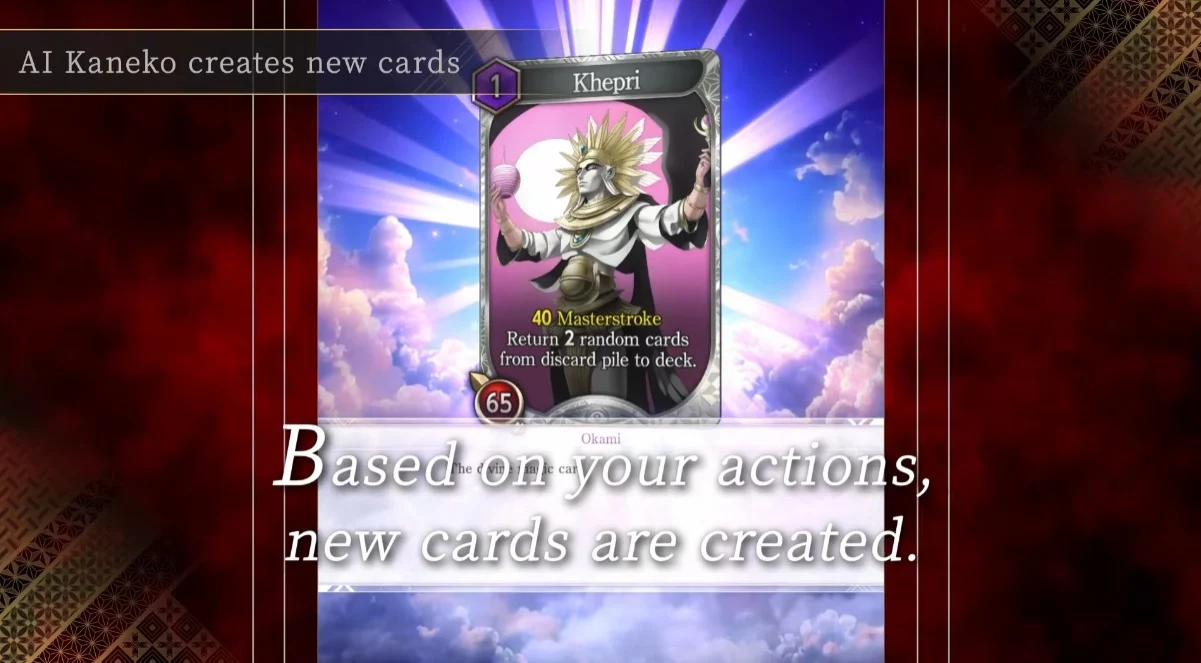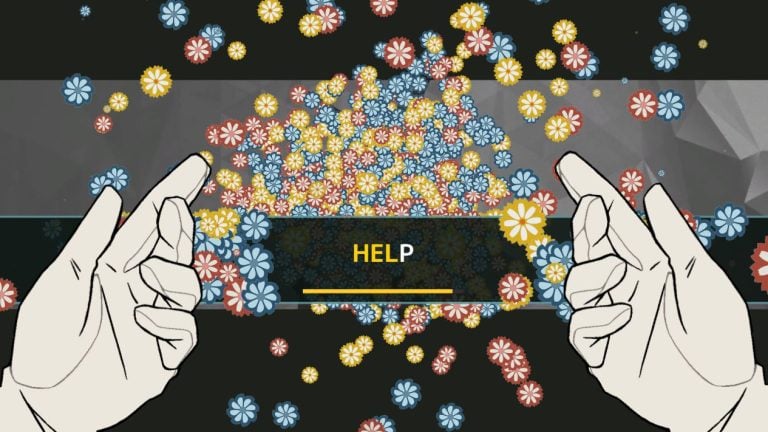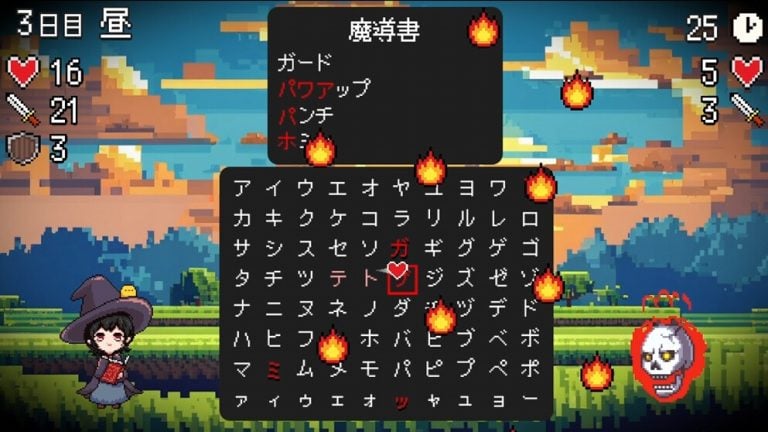COLOPL and Atlus veteran Kazuma Kaneko released their new roguelike deckbuilder Tsukuyomi: The Divine Hunter on May 7 across Steam and mobile platforms. Leading up to its launch, the game received much attention for its use of generative AI to create personalized cards, with opinions divided on the matter. But now that players have tried out the custom card creation feature, resemblances to existing characters and franchises have caused ethical and legal concerns.
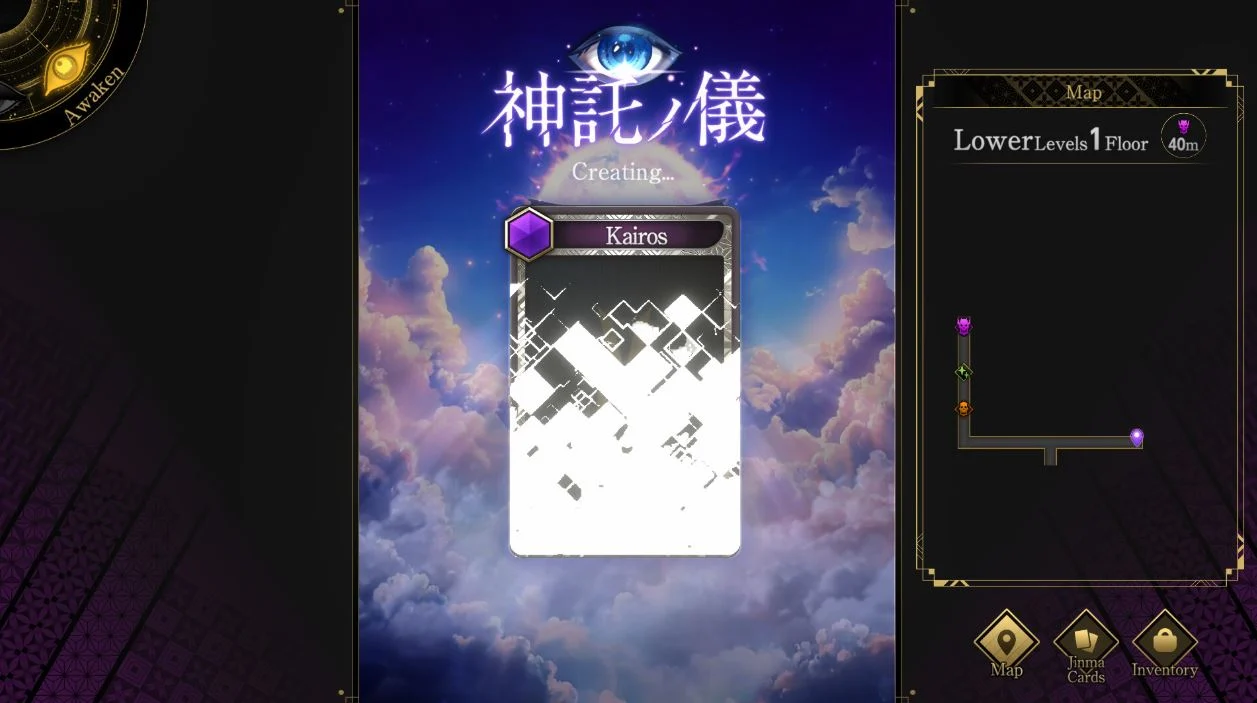
Apart from original art hand-drawn by Shin Megami Tensei and Persona series artist Kazuma Kaneko, Tsukuyomi: The Divine Hunter includes an “AI Kaneko” feature. As you play, AI Kaneko analyzes your runs, including the actions you take, the enemies you fight and dialogue choices you make. These logs are turned into prompts based on which the AI generates custom cards, with unique names and effects.
In interviews so far, COLOPL has stressed that the AI model they’re using has been trained only on art drawn by Kaneko during his time at the company. This was done in a supervised learning cycle that Kaneko has described as “more time-consuming than drawing art from scratch.” However, players have discovered that Tsukuyomi: The Divine Hunter’s AI model is capable of generating images featuring characters extremely similar to, for example, Disney’s Elsa, as seen in the images below.
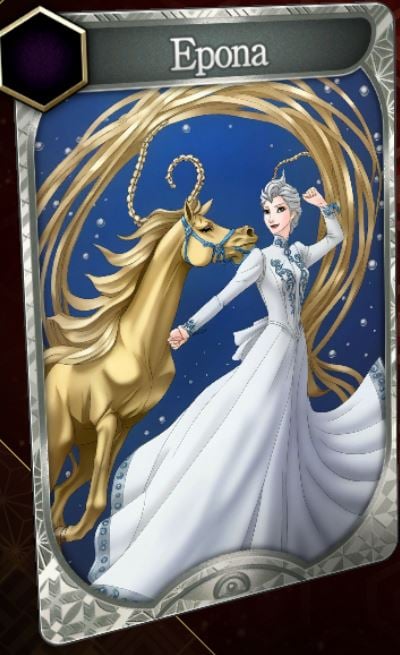
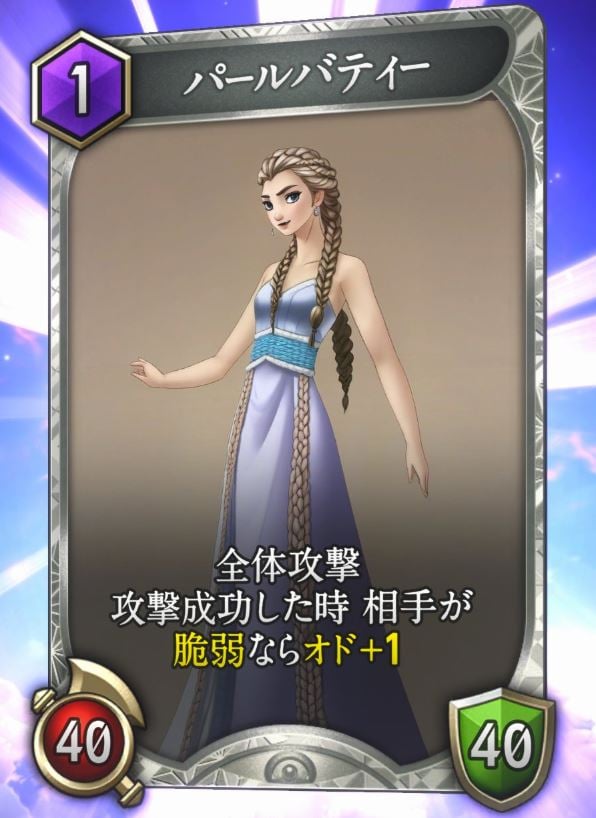
Another custom card created by the model featured a logo very similar to the Superman shield emblem – which is, naturally, also trademarked and copyrighted.
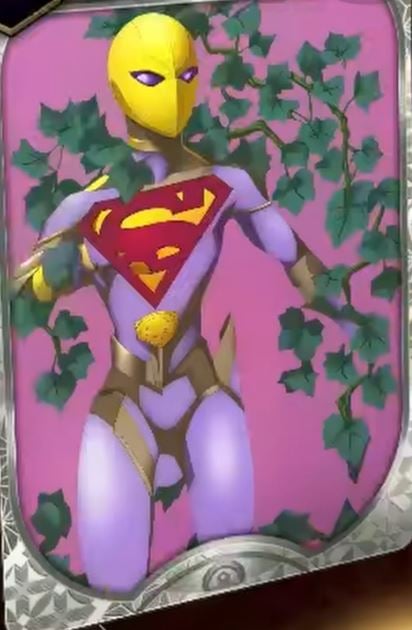
These outputs suggest that the AI could potentially imitate other existing artwork and copyrighted material too, which brings into question whether its learning process was as ethically sound as initially proposed. At the time of writing, Tsukuyomi: The Divine Hunter has a Mixed status on Steam, with a good portion of negative reviewers citing the inconsistency of AI generated content as a drawback.
Related article: Japanese game developer COLOPL partners with Stable Diffusion’s developer, garnering criticism

